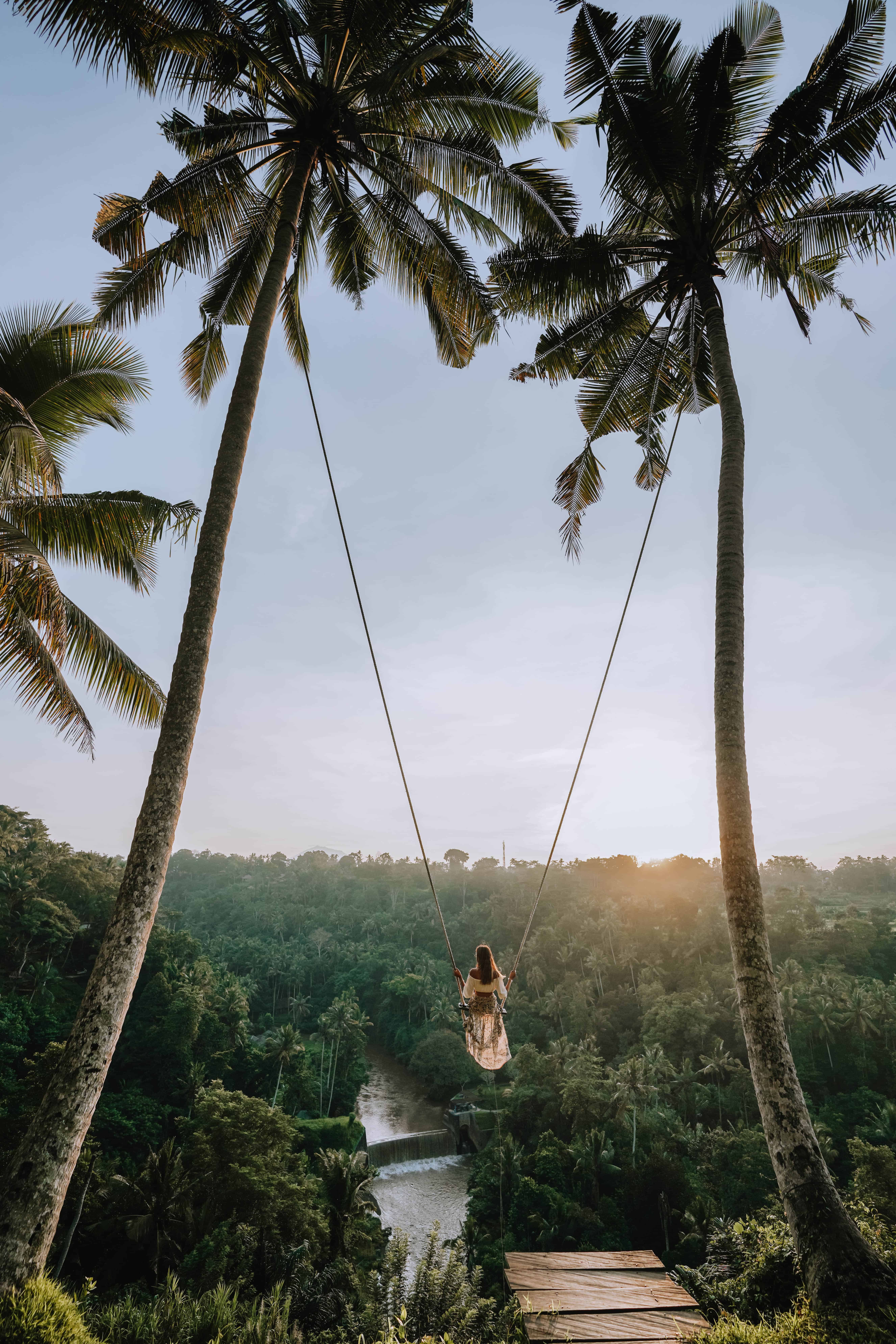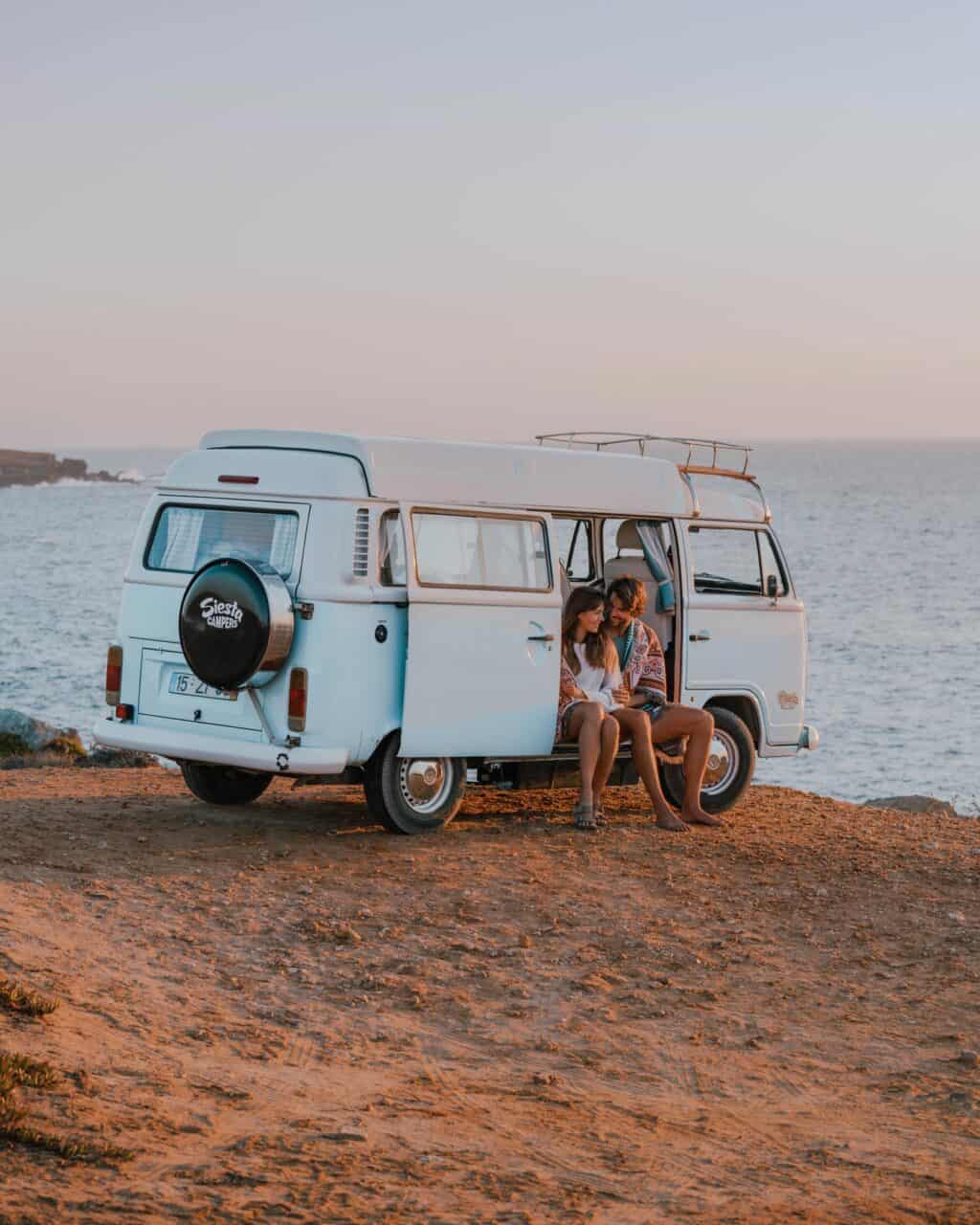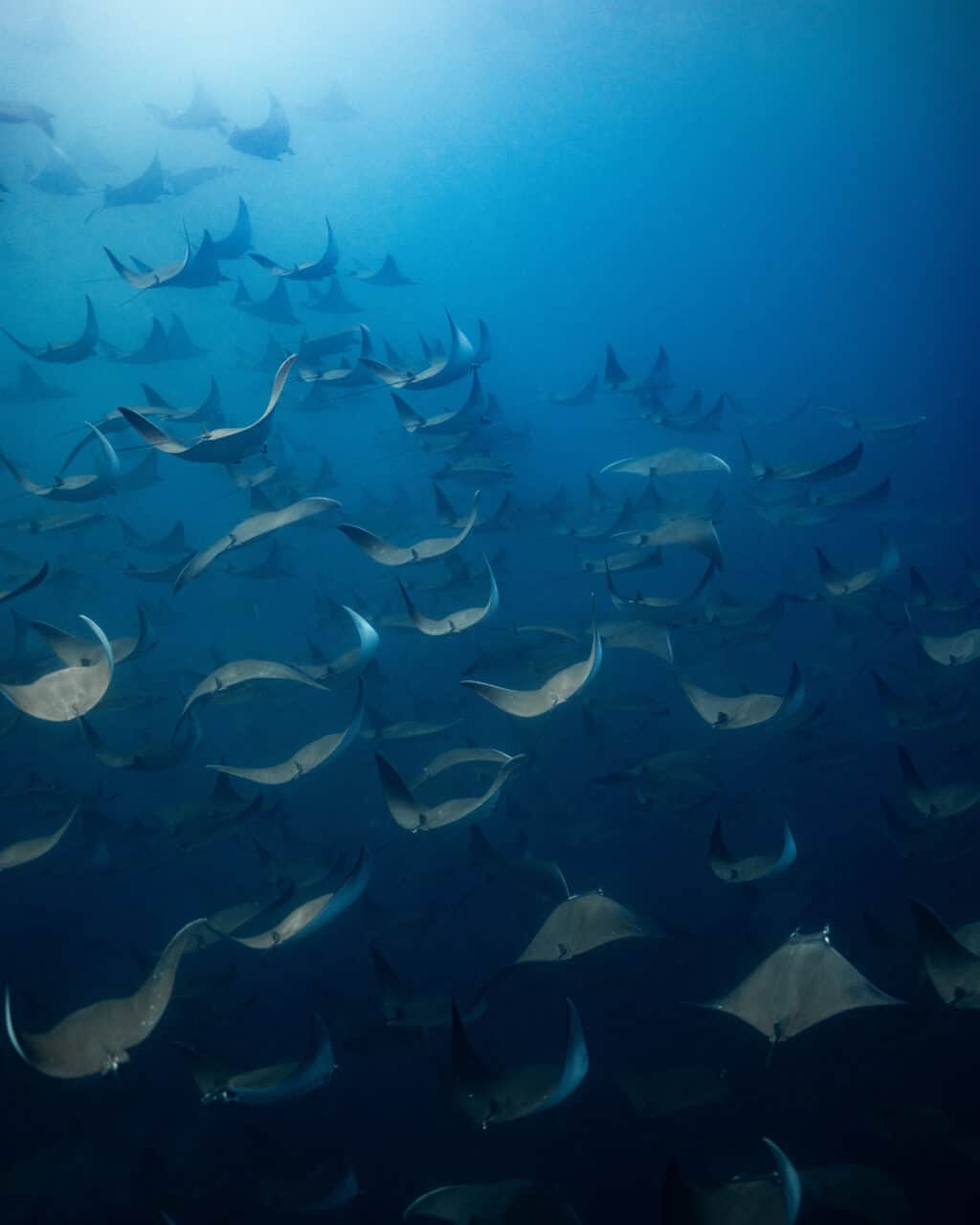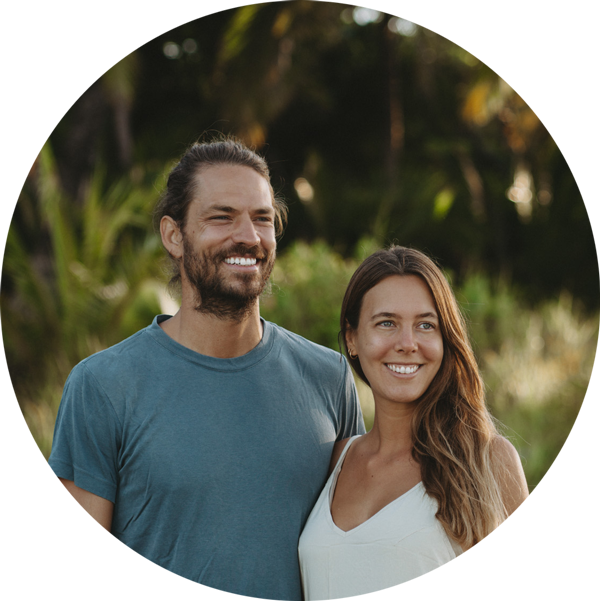Minimalist living means to live with only the things you really need intentionally with removing the distraction of excess so you can focus more on the things that matter most. People who live a minimalistic lifestyle choose to live with less. The reason to choose this lifestyle is that it means fewer financial burdens and living a life based on experiences instead of material things.
In this blog post, we share our personal experience with Minimalism and why it influences people’s happiness level and the aspects of sustainability.
Why Minimalism links to Sustainability
It is no secret that the big industries are destroying our planet. Nature gets exploit to get all the resources we need to live the consumer lifestyle of the industrial countries. Many of these resources are required to produce material things, such as wood or fossil fuels (for plastic). The more people consume, the more gets produced. This applies to everything from fashion to electrical devices. The industry makes people always wanting the newest version and the latest trend, which leads to constant consumption without any need for a new item. Basically, the natural world on this planet gets destroyed so we can buy things we don’t even need in our life. This makes little sense when we think about it, but that is how our system and a big part of the industry works. The global economy is constantly growing, leaving the planet with less than 25% of the wilderness.
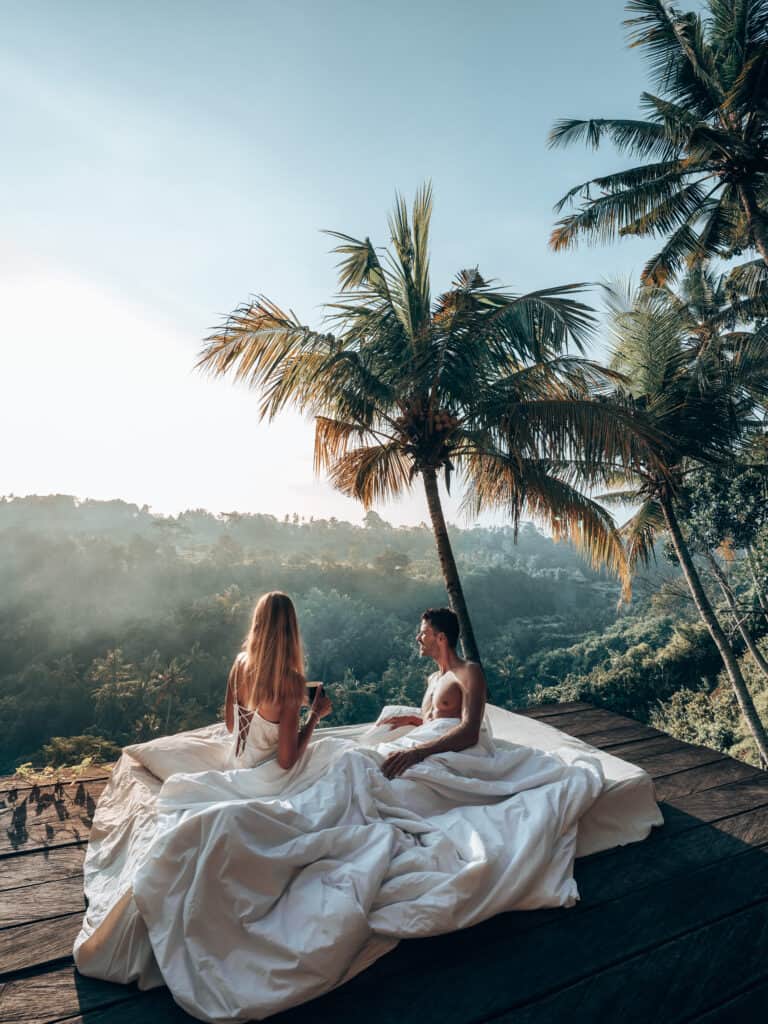
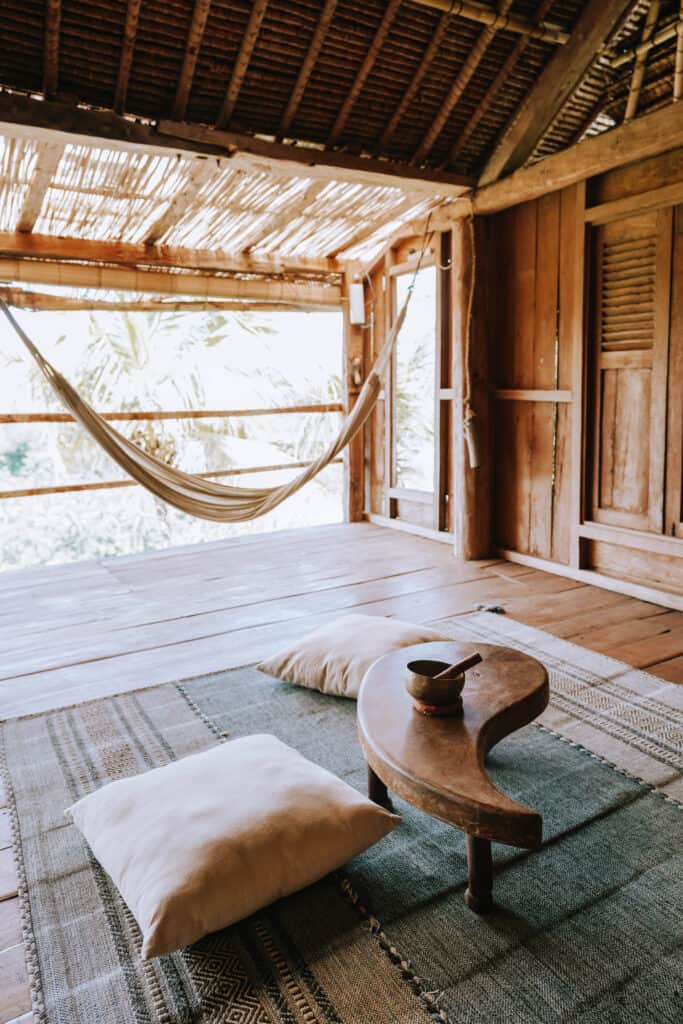
Understanding why we over-consume
For us, the change all started when we realized why we consume all these material things. We call it a symptom of western civilization. The way we live with working our asses off to make money so we can spend that money during weekends and our holidays means for a lot of people living a life with no purpose. But we all crave to have a purpose or, in other words, to have meaning in our life. This creates some kind of emptiness or a gap that we try to fill. Buying material things makes us happy, at least for a short moment, and after that happiness is gone, we look for the next thing we can buy. This leads to constantly feeling unhappy because there is always something we want and can not afford. And because we want it so badly, we have to work more, which makes us even more unhappy. It’s like a spiral. This system truly is only beneficial for the economy and not for the people and our mental health. Many depression and stress come from the constant pressure to make money to pay for that materialistic lifestyle.
When we understood this, we asked ourselves if there is an alternative to this spiral. How can we live with more purpose and less pressure to make money? The solution for us was to live with less. The first thing we did was moving into a smaller apartment, and we constantly got rid of things; we realized how much we owned that meant absolutely nothing to us and that we barely used. This journey led us to the point where we sold everything and started living a life of travel. It won’t be our lifestyle forever, but we know that whatever home we will create in the future will be just as big as we need it to be, and we will have just the things we need to live our lives.
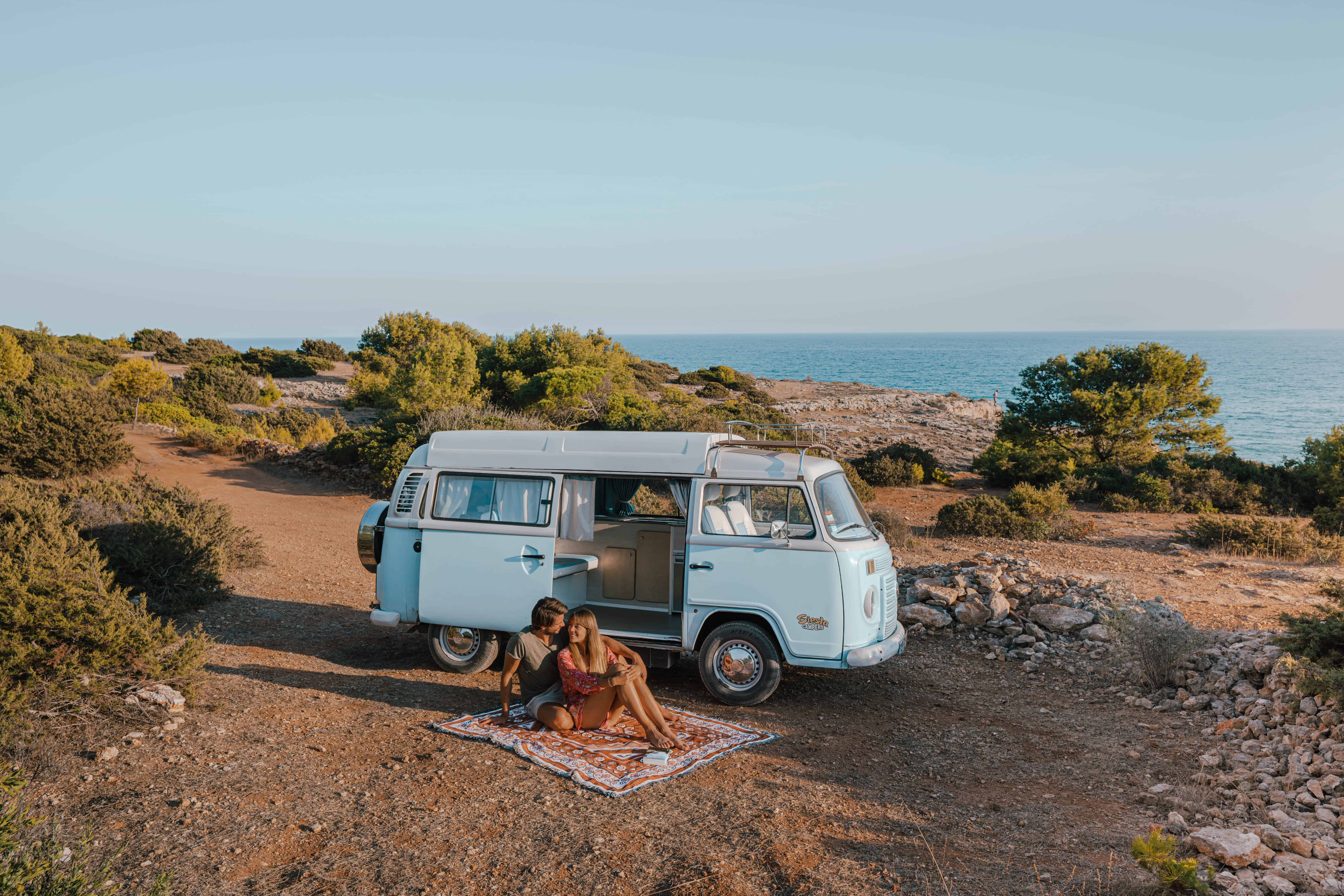
How minimalist living looks like
To use less space is one of the main aspects of minimalist living. A smaller house or apartment leads to less energy consumption, less cleaning work and more free time, and less space for stuff. If you take away all the things you don’t need for living, you need a lot less space. Today tiny houses got very popular, which is a fantastic trend. They show how little space is actually required to live a happy life. Another example would be living in a van full-time. Minimalists don’t have 20 pairs of shoes and a tableware set for every occasion. They have one of each item they use to live.
Minimalist living – the way to a happier life
The less stuff we have, the fewer worries we have. It’s as simple as that. We feel much freer, we have less financial pressure, and we have money to spend on new experiences that lead to self-growth and make us happy. Way before we have been to the point of selling everything, we have traveled to India, and we met so many people that had basically nothing but were happier than most of the people back home in Switzerland. We wondered how it might seem so easy to be happy for these people, and in the wealthier industrial countries, there is a lot of complaining and negative vibes. The more we have, the more we want, and it starts to be constant pressure. Also, society’s pressure to have the most excellent car and the biggest house, comparing to each other, leads to a lot of stress and greed. In comparison, people in India or other countries have a completely different focus. They value the communities and families over material things. They are, in general, more grateful and have a sense for the things that matter most in life, like love or health.
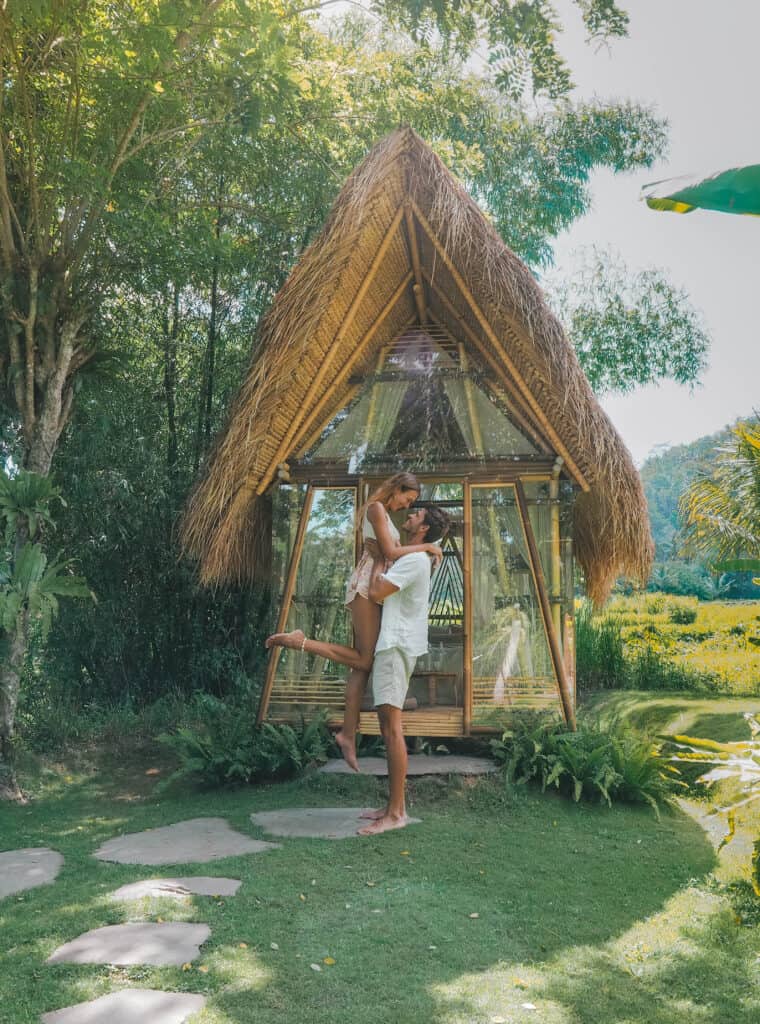
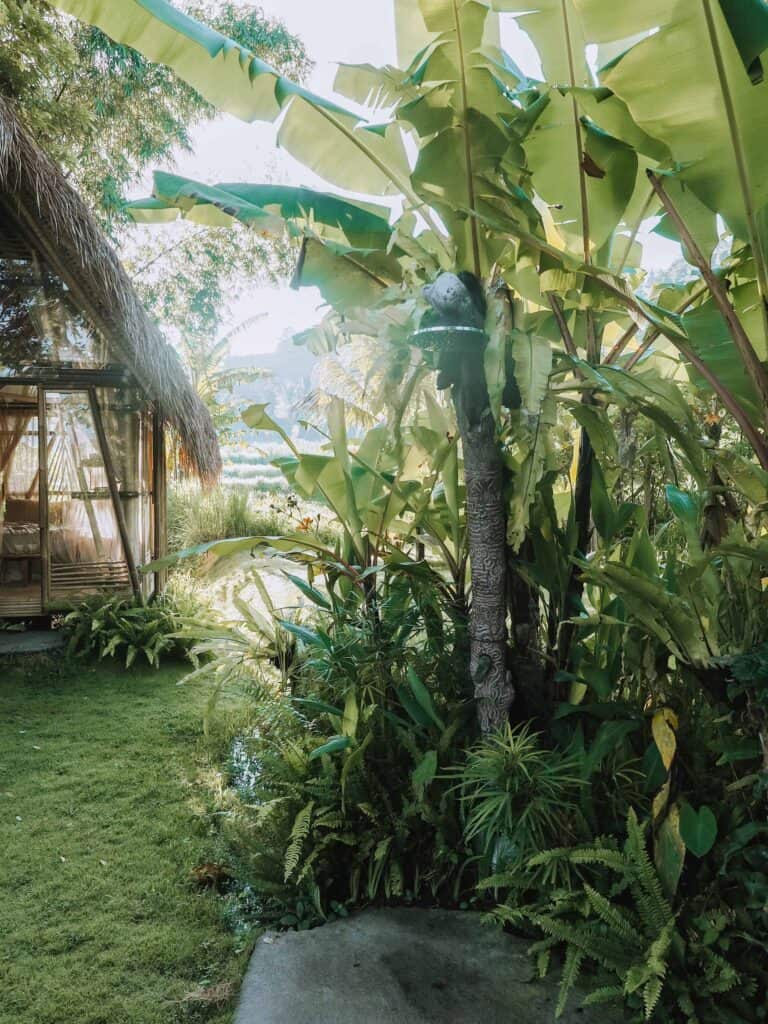
How to start simplifying your life
The best way to start changing your lifestyle to more minimalist living is to begin overthinking your consumption. We did that by asking ourselves every time we wanted to buy something, “Do I really need this?”. Like every change, it begins with consciousness. This means being aware that we buy more than we need and that our life isn’t any less outstanding if consumed less. It helped us a lot to ask us this question continuously.
Another great thing to do is to muck out your stuff. This makes you realize how much stuff you have that you don’t use. You can donate these things or maybe even sell something. We paid our entire excellent camera gear with money that we got from selling our old stuff. We realized that creating fulfills us much more, so we focused on making our dream come true instead of material things. We love that we started to feel redeemed as soon as we did muck out and the fewer things we had. Like we got freed of a burden we did not even realize we had before.
Conclusion
Just as all changes we want to implement in our lives, minimalist living isn’t a change to make overnight. It’s a lifestyle to slowly grow into by overthinking our consumptions and choosing experiences over material stuff. We think it’s a fun and rewarding journey and essential to realize that having less stuff brings more meaning to our lives.
